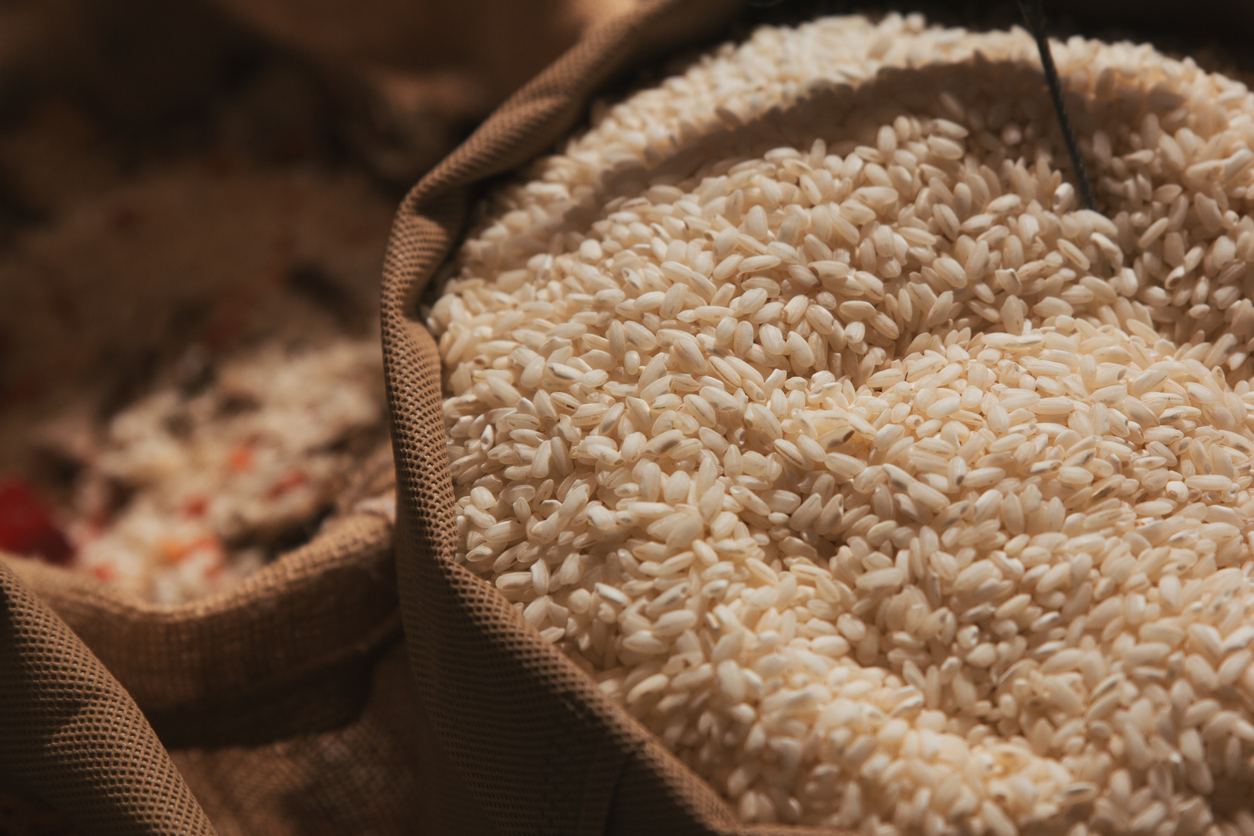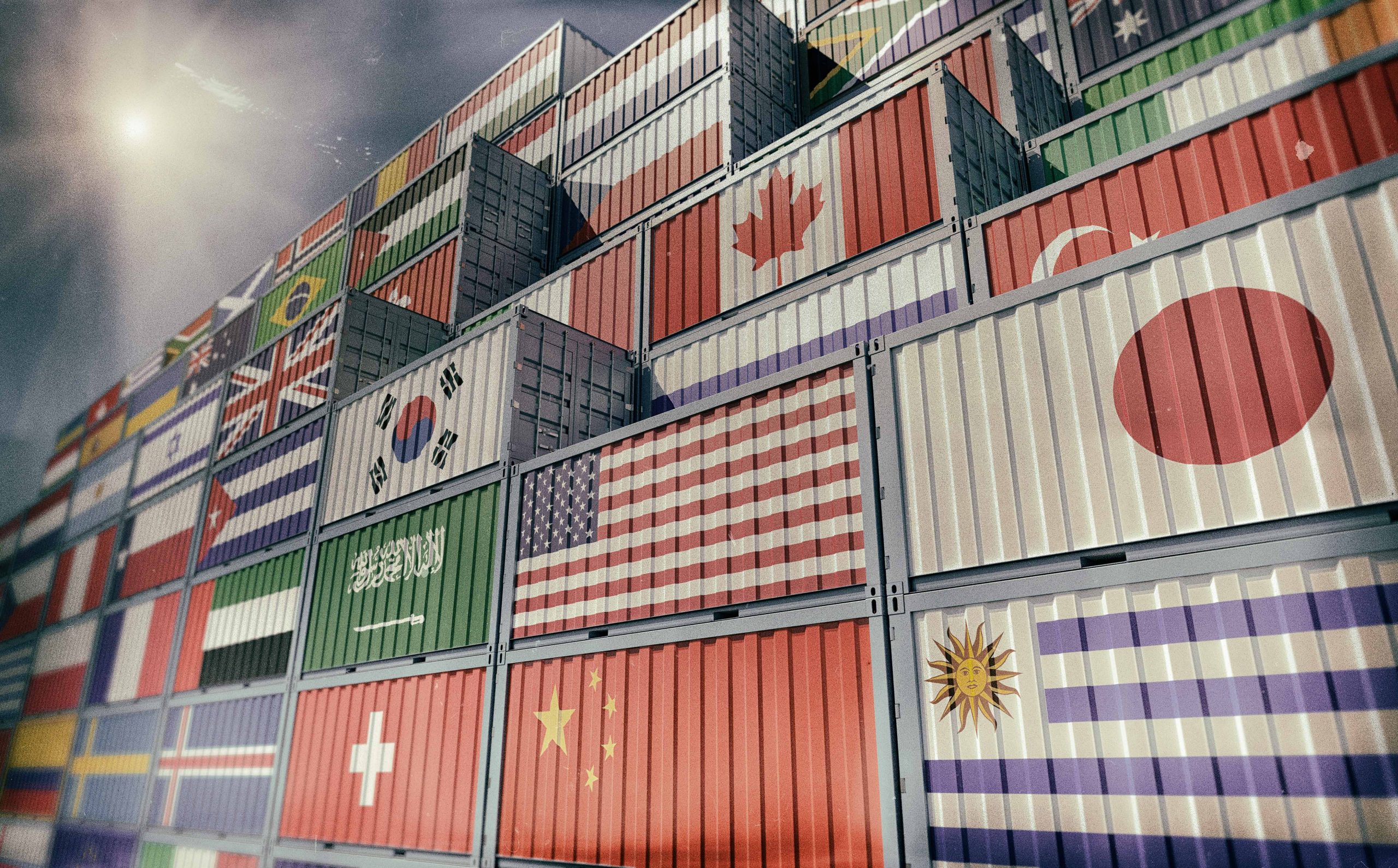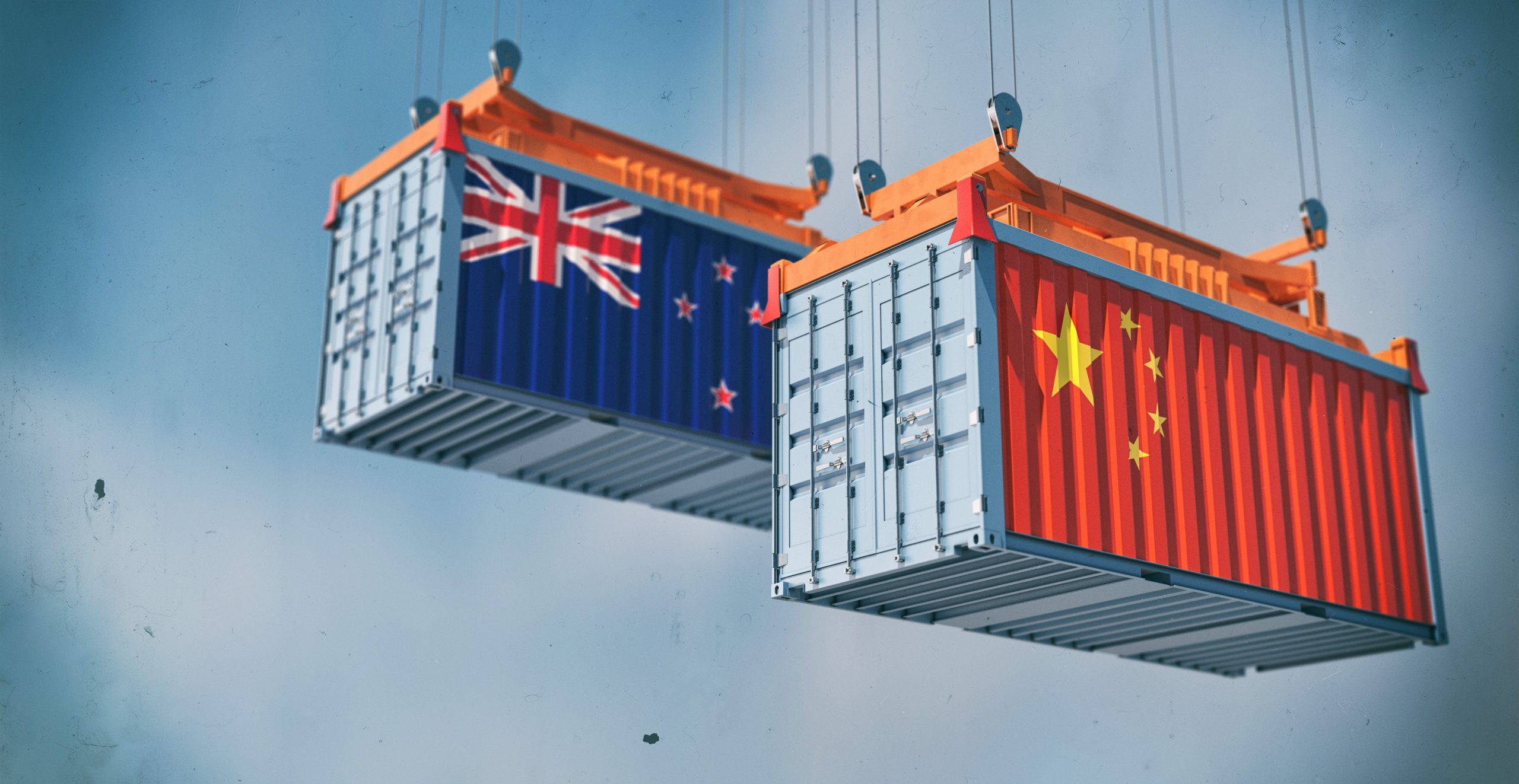How The Price of Rice Has Changed In Nigeria Over The Years
How The Price of Rice Has Changed In Nigeria Over The Years
Rice is a staple food in Nigeria, and its price is of great importance to the lives of many Nigerians. The price of rice has seen much fluctuation in the country over the years, as the cost of production and other factors have shifted. In some years, the cost of rice has risen significantly, while in other years it has dropped. This article will explore the changes in the price of rice in Nigeria over the past few decades, looking at the reasons behind the changes and their impacts. It will also discuss the measures taken by the government to address the issue of rising rice costs. Finally, it will consider the effect of these changes on the Nigerian economy and people.
Overview of Rice in Nigeria
Rice is a staple food in many parts of the world, particularly in Asia. In Nigeria, it is the second most important staple crop after maize. Around 30 million people in Nigeria rely on the farming of rice for their livelihood. The country is the largest exporter of rice in Africa, and the fifth largest in the world. Most of the rice produced is grown in southern parts of Nigeria, particularly the states of Rivers, Cross River, Akwa Ibom, Imo, and Abia. The production and export of rice has had a significant impact on the Nigeria economy. It has helped to improve the country’s balance of payments and has provided employment in the agriculture sector.
Historical Price Fluctuations of Rice in Nigeria
The price of rice has fluctuated significantly over the past few decades. This is due to both external and internal factors. Externally, there have been changes in world prices and supply, while internally, there has been a change in demand. Other factors contributing to the fluctuations in price include government policy, transportation and supply chain issues, and weather conditions. The price of rice in Nigeria rose in the 1990s. The declining world prices and uncertainty in Nigeria’s domestic rice economy contributed to this. In 1995, the government introduced an import ban on rice to protect local producers from low prices. This led to an increase in the price of rice in the country.
Reasons for Price Fluctuations
The main factors behind the fluctuations in the price of rice in Nigeria are as follows: – Changes in The Price of Rice in The World: The price of rice in the world has fluctuated significantly over the past few decades. This has had a direct impact on the price of rice in Nigeria. – Transportation and Supply Chain Issues: Problems experienced in the transportation and supply chain of rice have contributed to the fluctuations in price. – Government Policy: Government policy has played a role in the price fluctuations of rice. For example, the ban on exports of rice in 1995 led to a significant increase in the price of rice in the country. – Weather Conditions: Rainfall levels have had a direct impact on the supply of rice in Nigeria. This in turn has had an effect on the cost of rice in the country.
Government Measures to Address the Issue of Rising Rice Costs
In order to address the issue of rising rice costs, the government has taken a variety of measures. These have included the introduction of incentives for the production of rice, as well as the increase of import duties on the product. These policies have aimed to improve the supply of rice in the country and have allowed the government to engage in trade activities that have helped to reduce the cost of rice in Nigeria. In order to improve the supply of rice in the country, the government has introduced incentive schemes for the production of rice. These schemes have aimed to reduce the cost of production and improve the profit margin for farmers. The government has also engaged in trade activities that have helped to reduce the cost of rice in Nigeria. For example, it has engaged in rice imports. This has provided the government with a cost-effective way of increasing rice supplies and reducing the price of rice in the country.
Impact of Rice Price Changes on the Nigerian Economy and People
The fluctuation in the price of rice has had a significant impact on the Nigerian economy. At times, when the price has been low, it has helped to improve the country’s balance of payments. When the price has been high, it has had a negative effect on the economy and the people of Nigeria. If the price of rice is low, it will lead to an increase in consumption and this will improve the balance of payments, as well as the income of the people. However, when the price is high, consumption will reduce, which will lead to a decrease in the balance of payments, as well as in incomes.
Conclusion
The price of rice has seen much fluctuation in the country over the years as the cost of production and other factors have shifted. In some years, the cost of rice has risen significantly, while in other years it has dropped. The fluctuation of the price of rice has had a significant impact on the Nigerian economy and the people of the country. The fluctuation in the price of rice can be traced back to the changes in the price of rice in the world, transportation and supply chain issues, government policy, weather conditions, and other factors. In order to address the issue of rising rice costs, the government has taken a variety of measures that have helped to improve the supply of rice in the country and reduce the cost of rice for consumers.








LEAVE A COMMENT
You must be logged in to post a comment.